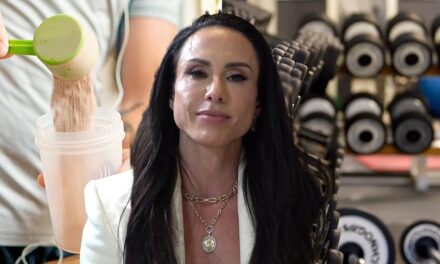Charlamagne Tha God, the well-known media personality and host of the popular radio show “The Breakfast Club,” recently shared his thoughts on a new campaign ad released by former President Donald Trump. The ad targeted Vice President Kamala Harris for her previous support concerning the allocation of funds for sex change surgeries for migrants and inmates. Charlamagne’s response to the advertisement was a mix of surprise and admiration, as he described it as “nuts.”
The political landscape in the United States has often been rife with divisive and controversial issues, and this instance is no exception. The ad in question criticizes Vice President Harris for her stance on providing funding for sex reassignment surgeries as part of the healthcare rights for incarcerated individuals and immigrants in detention. This topic has become a hot-button issue, drawing sharp lines between proponents advocating for the rights of transgender individuals and critics concerned about the allocation of government resources.
Charlamagne’s commentary, while acknowledging the shock value of the ad, also highlights the complexities of tackling such sensitive social issues. His reaction exemplifies a broader sentiment held by many Americans who find themselves caught in the crossfire of heated political debates, yet are intrigued by how these campaigns can influence public opinion.
The response from Charlamagne Tha God is particularly notable due to his influential platform. As a media figure with a significant following, his opinions and reactions can resonate with a diverse audience. The blend of entertainment and political insight typically featured on “The Breakfast Club” can shape and sometimes polarize public discourse on pressing national concerns.
Throughout the years, Charlamagne has not shied away from expressing his opinions, often providing a candid and at times unfiltered perspective on political matters. This instance illustrates his ability to engage in critical analysis of political strategies while acknowledging the dynamics of public influence employed in political advertising. Although his comment was brief, referring to the ad as “nuts,” it underscores the potential impact of such campaign tactics on voters and the broader electoral narrative.
As political campaigns intensify in the lead-up to upcoming elections, ads like the one mentioned are expected to become more prominent, drawing public figures into the fray and prompting debate and division. Charlamagne’s reaction is a reminder of the power of media personalities in shaping dialogues around national policies and electoral contests. As the political climate continues to evolve, the discussions around transgender rights and the role of public funding in supporting them are likely to remain contentious issues.
































